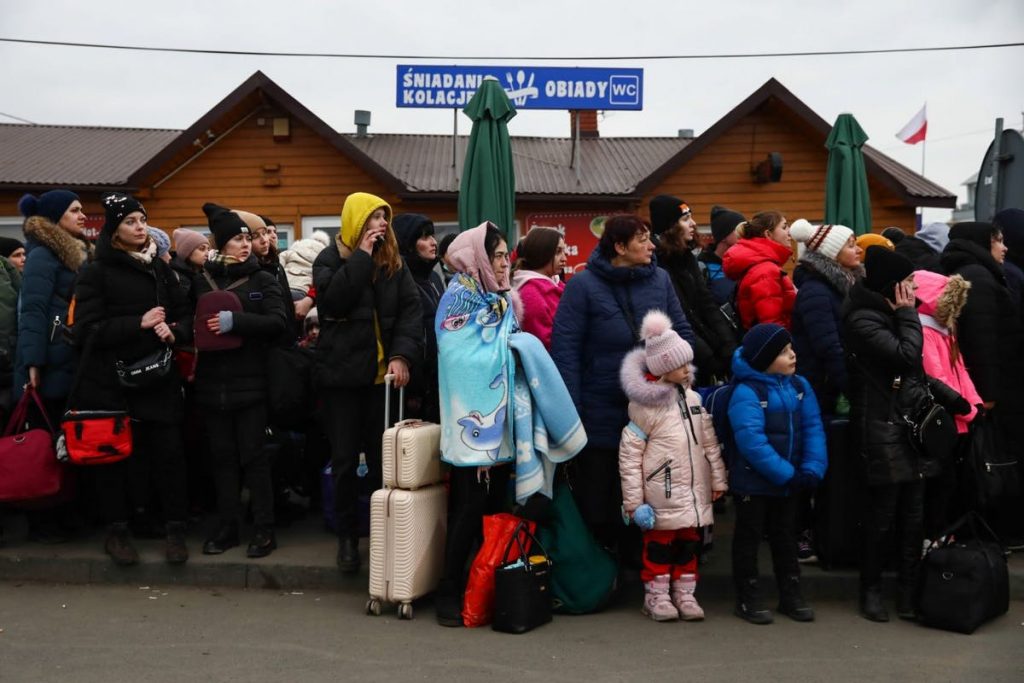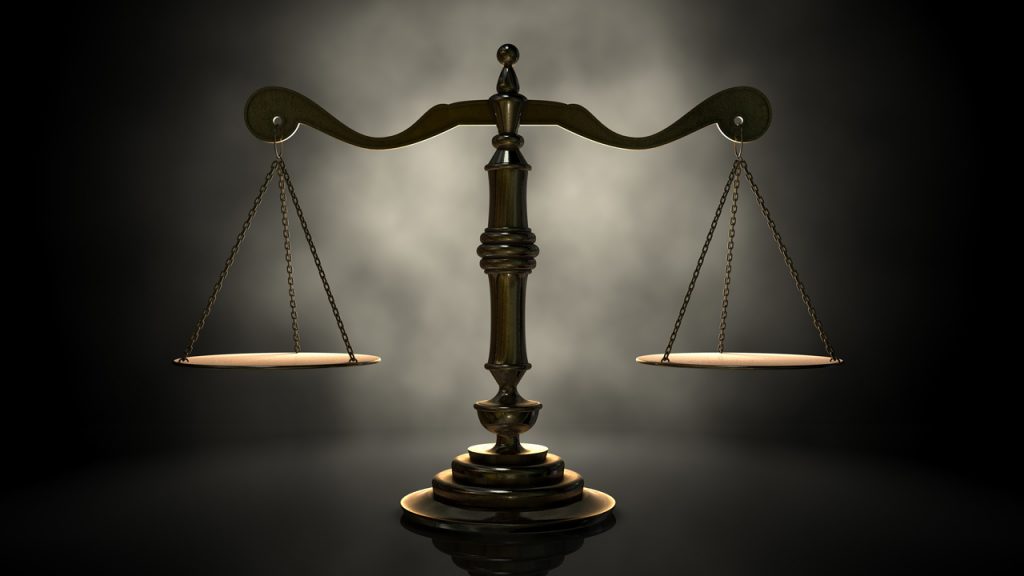The General Assembly adopted various practices for the second half of the Decade for Action to Combat Racism and Racial Discrimination in 1979. On this occasion, the General Assembly decided that an annual week of solidarity with peoples fighting racism and racial discrimination, beginning on March 21 would be organized.
The International Day for the Elimination of Racial Discrimination, March 21, commemorates the anniversary of the Sharpeville Massacre in 1960 and kicks off this week of solidarity. On that day in South Africa, peaceful anti-apartheid protesters were killed. The United Nations declared in 1966 that the International Day for the Elimination of Racial Discrimination should be observed each year on March 21 as a symbol of the global need to end racism.
UK’s Mighty Anti Racist Warrior
Anwar Ditta, a mighty anti-racist warrior, died in the UK in 2021, amid yet another major assault on civil liberties and equality in the UK.
Ditta gained international acclaim as a “warrior” after publicly opposing the Home Office’s racist treatment of her and her family in the 1970s and 1980s. Her impact, however, extended far beyond her own case, as she went on to defend countless people facing deportation, state repression, and international oppression, even speaking to audiences at the Women’s World Congress in Prague.
Her efforts began in 1979 when she stood in front of a crowd attending an anti-deportation meeting at Longsight Library in South Manchester and spoke about her family’s treatment at the hands of the Home Office. This laid the groundwork for what would become the Anwar Ditta Defence Committee (ADDC).
The organization evolved into a rainbow coalition of diverse communities – left-wing activists, trade unionists, anti-racist groups, the Indian Workers’ Association, Asian Youth Movements (AYMs), and many more – who responded to Ditta’s call to fight the UK’s racist practices. It became about more than just her case.
Borders, and the methods by which states enforce them, are invariably violent. They annihilate families. They cause physical and psychological harm to those they target. Ditta’s case was not the first, nor will it be the last, to demonstrate the racist nature of such “controls.”
The UK has a long way to go before it rids racism for good. It isn’t just racist border control laws but discrimination in workplaces and a rise in hate crimes targeting specific races and ethnicities.
A Rise in Hate Crimes
In recent years, there has been an increase in public concern about hate crime. Since the EU Referendum in 2016, there has been an increase in reported hate crime incidents. With Brexit, these conversations have begun to circulate through our everyday environments, environments that are unavoidable for members of the Black, Brown, and migrant communities, who are the most vulnerable to hate crime.
Race Equality in the Workplace
The Equality Act of 2010 is the law that says you can’t be discriminated against. If you’ve been discriminated against and haven’t been able to resolve the situation with the person or organization who has discriminated against you, you can file a civil court claim.
We would be happy to assist you in this endeavour. Royce Legal Solicitors is one of the top employment law firms, with a well-deserved reputation for going the extra mile for those who seek our help. We specialize in senior employee discrimination and are well-known for the results we achieve for our clients. For more information, visit our website or call us at 01706 655 592.
Race in the UK
It is undeniable that the presence of different races and nationalities in our country has always had an impact on our culture and economy. However, the fight against ethnic and racial discrimination in the United Kingdom is far from over. Every day, subtle and sometimes explicit racial stereotypes and prejudices are displayed throughout society. You and I can bring a change by raising our voices and standing with discriminated communities.













